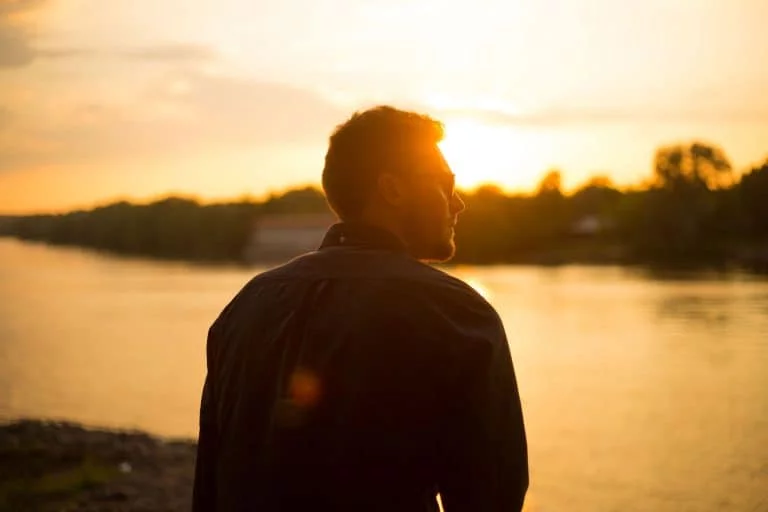By Pete Willette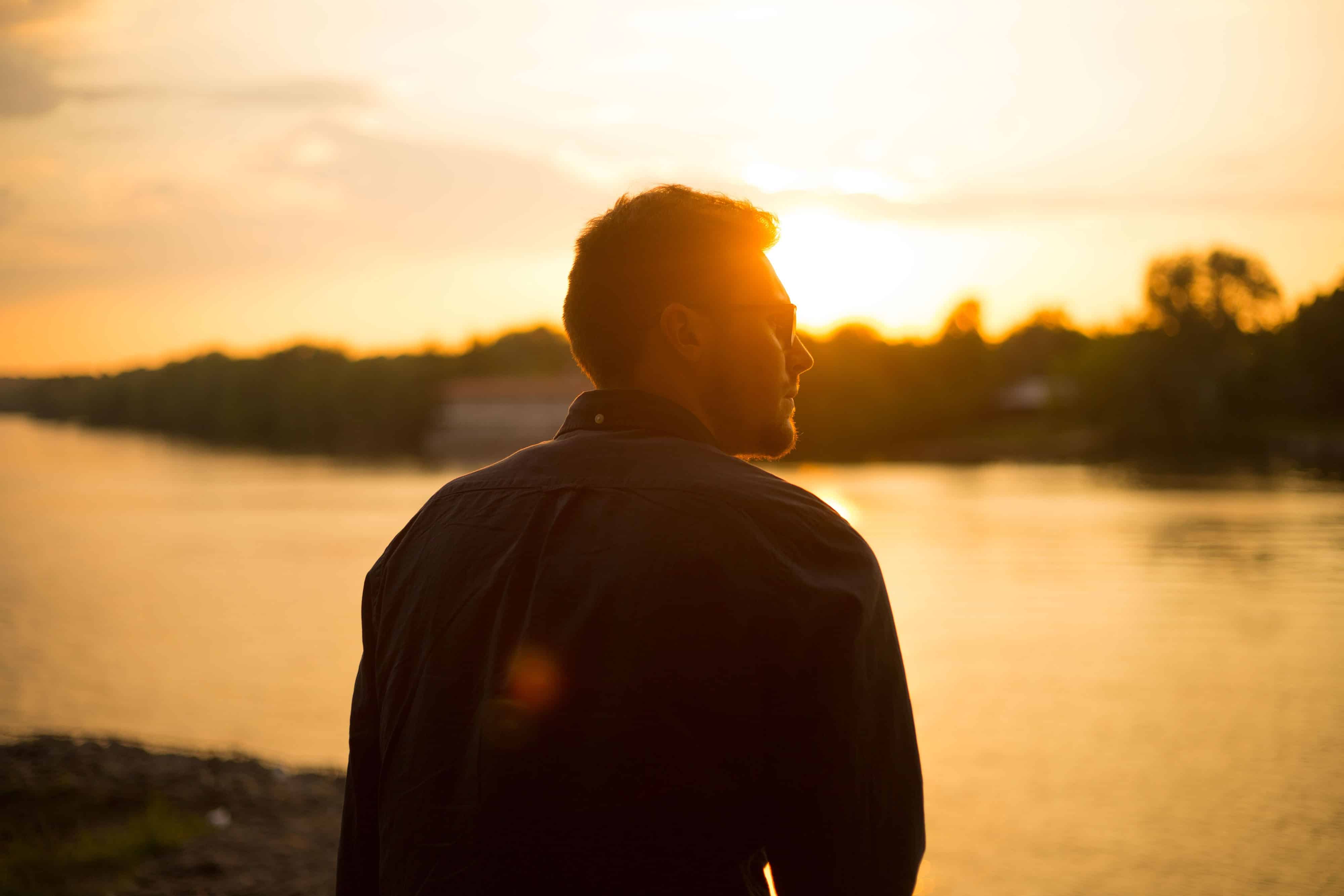
Is it better to be selfish? Yes, indeed.
We live in the best time ever. Economic prosperity is widespread, medical treatments are extraordinary, and technology is making our lives easier in countless ways. Because life is polar, when there is all of these great things happening, there is always a darker side, a shadow, following close behind.
The human condition implies at least times of suffering, hardship, and pain. The terrible thing about these negatives is that unless dealt with, they perpetuate. If we get hurt, we later in life can become the assailants. As Carl Jung noted: “The healthy man does not torture others – generally it is the tortured who turn into torturers.” We can all agree that perpetuating pain, suffering, and hardship is high on the list of things not to do as a human being.
Why You Need to be a More Selfish Person
If we want to lead lives low in pain and suffering, what is it that we must do? The very first thing is to put yourself above everyone else. You must be selfish. You must make the time for you. You can only help others after you have spent the time to help yourself.
“Put on your own oxygen mask before assisting others.” – Randy Pausch
If you take time to cherish, love and put yourself first, you are going to show up in the world differently. You should devote yourself to becoming a fully conscious being. You will first become aware of being aware. Then you will become aware of your actions. The final step is to become mindful of your thoughts and prevent them from turning into harmful actions. This inner awareness is the only way in which you can stop the perpetual pain cycle. It is a choice that you can and have to make. Either put on your oxygen mask or pass out and float through life.
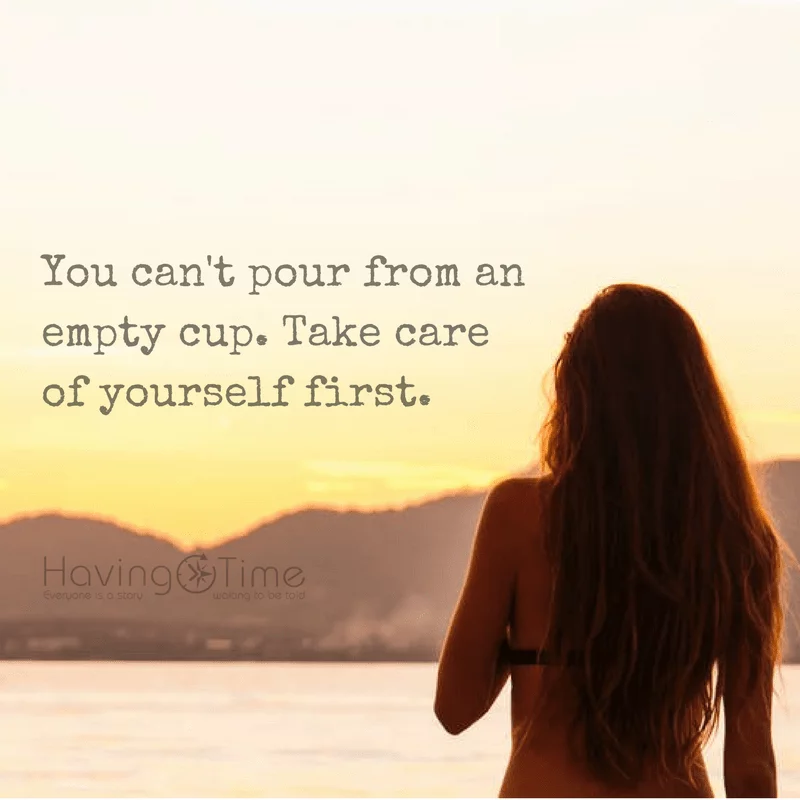
If you do not put yourself first, people and corporations will take from you until you have nothing left to give. It is important to be selfish and put up boundaries that protect you. That is not to say, wall people out of your life, but all healthy relationships have to have some form of barrier. It is healthy to be there for another person; it is not healthy to take on their grief, suffering or pain. Self-care and self-love are building blocks of a healthy life. These are often left as lower importance in a society that is focused on attaining external possessions.
You must take time to understand yourself. We live in an era of a high level of constant sensory stimulation. Take some time to be alone, in silence. Make time to be “technology free.” There are so many people out there who know what is best for you when most of the time they do not know what is best for themselves. The only way to know what is right for you is to sit in silence, to go in and experience what it is like to be you. It takes time and work, but you must attempt to be present in each moment.
“Who looks outside, dreams; who looks inside, awakes.” – C.G. Jung
As you take time to become more connected with your inner self, you will begin to realize something extraordinary. You will recognize that in some way, we are all interdependent. This interdependence forms a sort of connection. After all, you do not grow the food you eat or sew the clothes you wear. In this context, you can say, “But, I pay for the goods.” This statement is true, but what about friendships, relationships, or even volunteer work. People are giving you their time for free. This giving comes from the fact that we are all dependent on others for our survival. This dependence is the way of reality. From this, we realize that in our everyday lives we benefit tremendously from others giving to us. This tendency toward giving is driven by our ancestors as a socially tribal culture.
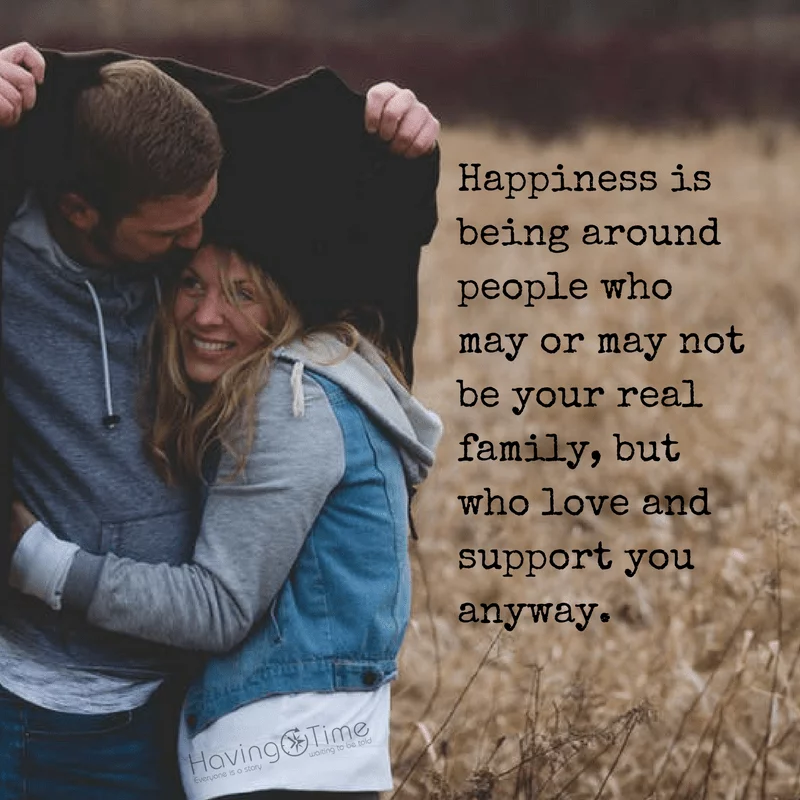
We are social creatures by nature and were at one point, tribal people. We heavily depended on each other to survive. We rely directly on others less to survive now with money as a medium of exchange. There is still a tremendous benefit to devoting ourselves to helping others. It has been shown in psychological studies, that there is a thing called a “helpers high”. When you “selflessly” give your time to a good cause, such as volunteer work, feel-good chemicals are released. From this, we can conclude that selflessness is the ultimate selfish act. We receive social interaction and dopaminergic responses in our brain, both of which are critical for leading a happy and healthy life.
“Only a life lived for others is a life worthwhile.” – Albert Einstein
It seems as though in the era of technology, we have all but forgotten this intrinsically beneficial act of helping others. We must remember that when we help each other, all of society including ourselves benefit. We must always be selfish and keep ourselves in the forefront of our mind, but that is so that we can help those that need it in the best way in which we can.
Coming full circle, we can realize that the way in which we show up, speak, and act in the world affects those with whom we interact. There is a ripple effect from these actions. So we change people both directly and indirectly. To ensure that these ripples are positive we must take time to understand who we are and what work we might need to undertake. Pain and suffering tend to perpetuate the same. It becomes your choice to end their propagation. When we begin the journey of self-healing and self-love, we realize that we are all part of a larger, collective being called the human race. It can be seen that when we help others, we are in fact helped a great deal. This sequence of benefitting through helping ourselves and helping is a mutually beneficial and closed cycle.
“I work on myself to help others. I help others to work on myself. That is what the emerging game is all about.” – Ram Dass
📌 Pin it!
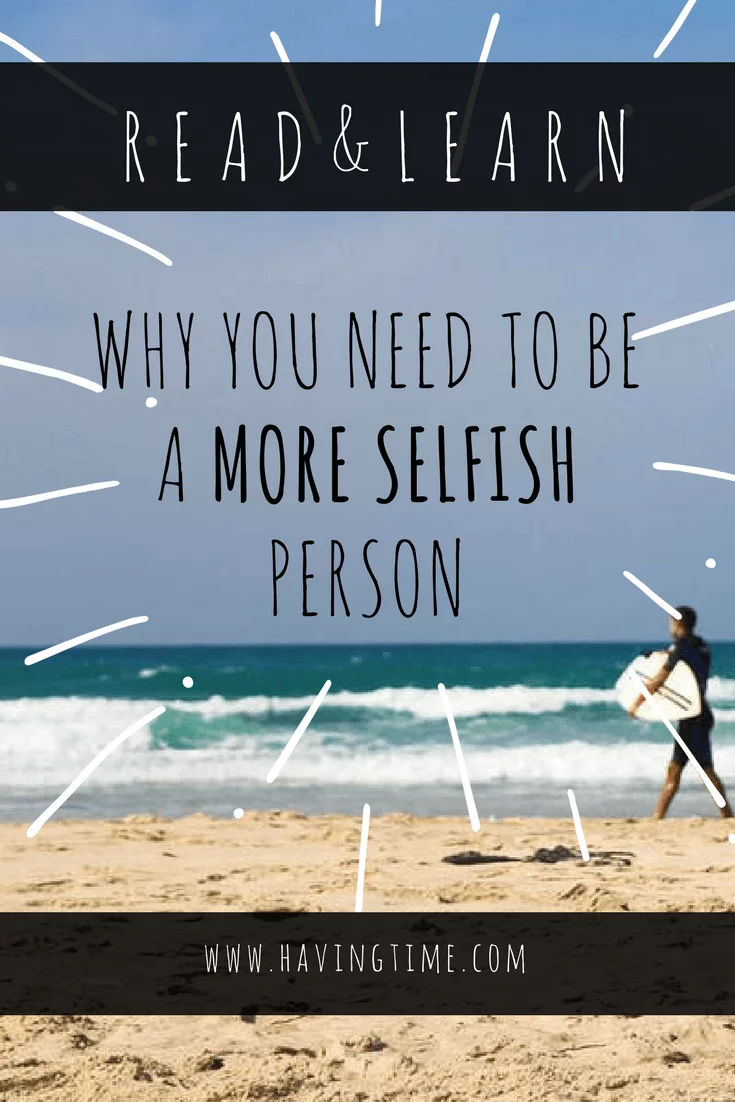
Related reads for you 🤓:
- Self-Love: How to Love the “I” in “I Love You”
- 4.4 Billion People Feel Unloved. Are You One?
- Why Giving Up on Someone is Sometimes The Best Thing for You
- Here’s Why Self-Care isn’t Selfish, but Essential
- How to Build Your Confidence After a Life-Altering Event


